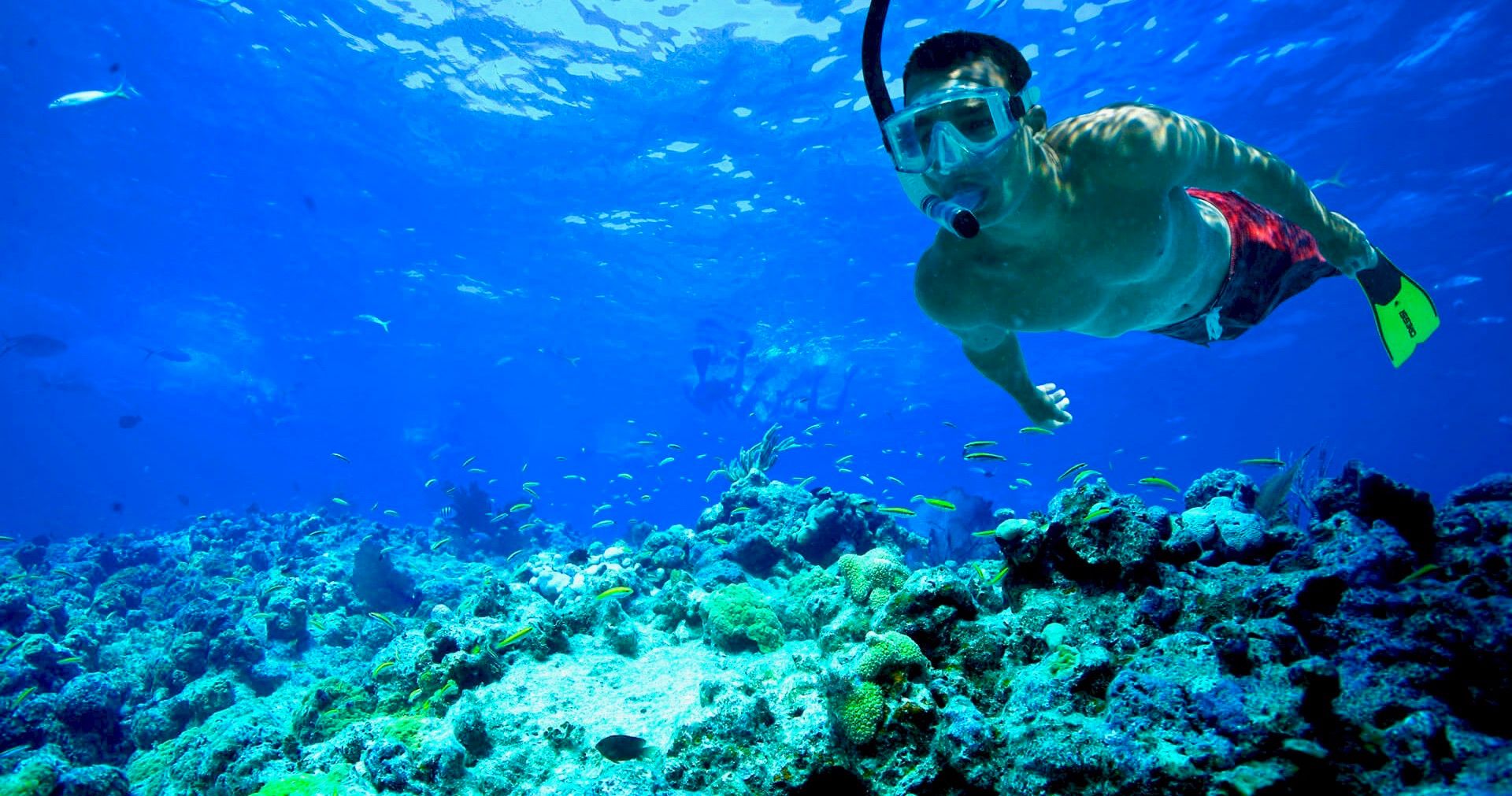Key West, Florida, is the latest travel destination to ban the sale of sunscreen products that contain oxybenzone and octinoxate, which are believed to damage coral reefs.
On the southern tip of Florida and only 90 miles from Cuba, Key West receives approximately 2.6 million tourists each year. Many visitors come for the island’s pristine white sand beaches, yet unfortunately, they also bring along chemicals that can harm the world’s third-largest barrier reef ecosystem, which extends nearly 150 miles and hosts thousands of species of marine life.
This week the City Commission approved a law, in a 6-to-1 vote, that will ban the sale of sunscreens that contain the chemicals oxybenzone and octinoxate. The legislation will take effect effect on Jan. 1, 2021. The law’s supporters believe it will protect the greatest treasure of the Florida Keys, its barrier reef.
“Our coral has been under attack by a number of stressors,” Mayor Teri Johnston said. “We just thought if there was one thing we could do, to take one of the stressors away, it was our responsibility to do so.”
Over the last year, the state of Hawaii and the Western Pacific nation of Palau have also regulated sunscreen sales to safeguard coral reefs. In addition, some areas of Mexico ban non-biodegradable sunscreen. The law in Hawaii is the same as the one passed in Key West and will take effect on the same date. In Palau, 10 chemicals have been outlawed.
Johnston said that people with medical prescriptions may be exempt from the ban. Also the first offense will be met with a warning, but the second offense will be subject to fines. She added that the coral reef was a vital part of the environment and greatly benefited the local economy since tourism is the city's most valuable industry.
The National Park Service says that 4,000 to 6,000 tons of sunscreen pollute reef areas each year, and studies show that the chemicals they contain damage coral reefs by causing bleaching and death. The park service and environmental groups recommend wearing protective clothing and using eco-friendly sunscreens.
Dermatologists and trade groups have opposed the bans, saying that more research is needed and that barring sunscreen may lead to higher skin cancer rates. Sunscreen manufacturers also disagree with the claims regarding coral reefs.
In July, an article in the Journal of the American Academy of Dermatology, stated that additional research was needed. In a related press released, the American Academy of Dermatology said skin cancer was the leading cancer in the US and that people should use sunscreen and protective clothing.
RELATED: Island Nation Of Palau Bans Sunscreens To Protect Coral Reefs
Johnston, however, argues that there are many environmentally-friendly alternatives. She hopes that the ban will encourage manufacturers to develop more eco-friendly sunscreens. She added that the local government, working with local nonprofits like Reef Relief, will fund a public education campaign before the law goes into effect.

